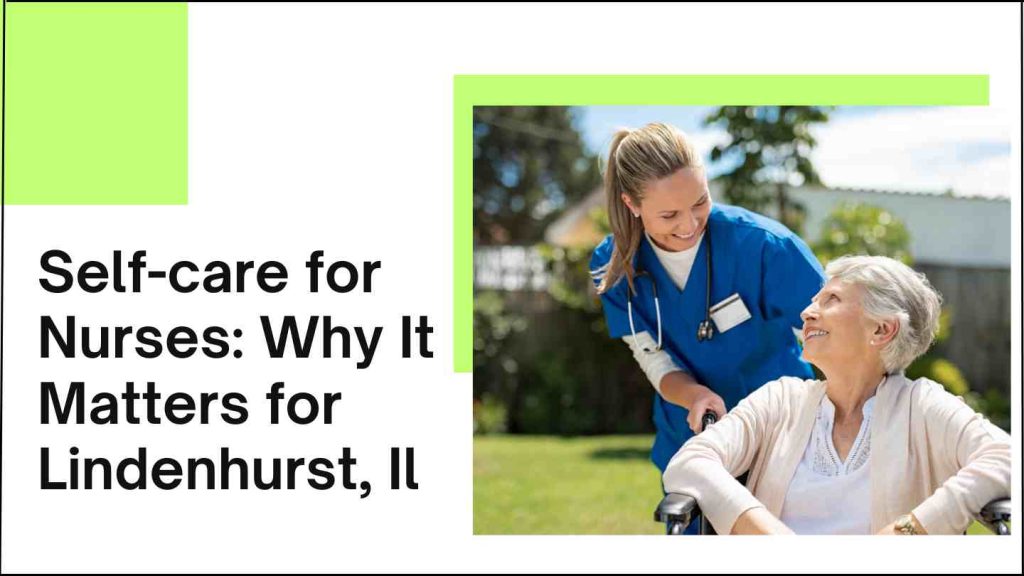- Oak Brook:(630) 705-9999
- Chicago:(312) 920-8822
- Email:inquiry@vervecollege.edu
- Make a Payment
- Home
- Programs
- Admission
- Resources
- ATI Entrance Exam Resources
- New E-Digital Library
- Refer a Friend
- School Newsletter
- Events
- Employers
- Job-Network
- Alpha Beta Kappa Candidates
- Verve College Library
- Graduation and Pinning Ceremony Photo Galleries
- Textbook Information
- Career Services
- Tutoring
- School Catalog
- FAQ
- Constitution Day Program
- Alumni
- Verve College Plans
- Financial Aid
- HEERF Reporting
- Satisfactory Academic Progress
- Apply For Financial Aid
- Net Price Calculator
- Return of Title IV Funds (R2T4)
- Financial Aid Office Code of Conduct
- Contact
- FAQs
- Verification Policy
- Vaccination Policy
- Student Right-to-Know Act
- Misrepresentation
- Information Security Program
- Academic Award Year
- Availability of Employee
- Cost of Attendance
- Health & Safety Exemption Requirement
- Students Rights and Responsibilities
- Leave of Absence
- Pell Formula
- Military Students
- Grants/ Scholarship Policy
- Contact Us
- Login
- Testimonials
- Blog
Is a Nursing Career Right For You?
Take The Free Quiz
Self-care for Nurses: Why It Matters for Lindenhurst, Il
Self-care for Nurses: Why It Matters for Lindenhurst, Il
Nurses, including those in ATI nursing school (school of nursing), have clinical experience and hold patient health and well-being as the top priority, which the nurse’s pledge of service reinforces in the nursing field. Unfortunately, some nurses begin viewing self-care for nursing students in a self-serving manner, which leads to frustration and additional stress when feeling the need to recharge or rest.
People of all nursing professions must prioritize self-care, but those in caring professions like nursing are especially at risk. Once aware of its significance, nursing professionals can implement specific self-care strategies into their routine.
Self-Care in a Patient-Focused Career
WHO acknowledges the significance of self-care to overall health and well-being. According to the WHO definition, it means the ability of an individual to prevent illness, maintain good health, and manage disability without assistance from healthcare workers.
Nursing self-care involves taking steps to relieve stress, as well as taking care of their physical health, mental health, and emotional well-being. Nurses should view self-care for accelerated nursing students not only as an indulgence but as a preventive health measure.
Signs of Nurse Burnout
- Anxiety, Depression: Burnout can result in prolonged periods of low mood, energy, and meaninglessness for nurses working within healthcare environments.
- Emotional health detachment: Nurses may feel they cannot connect emotionally with their patients, & cannot get patient outcomes making them feel distant from them and less present during caregiving sessions.
- Exhaustion: Prolonged fatigue or burnout may manifest in an inability to rest and rejuvenate properly.
- Insomnia: Burnout symptoms often manifest themselves through difficulty sleeping. Failure to fall or maintain restful slumber could indicate this condition.
Related:- 7 Effective Reasons to Become a Licensed Practical Nurse
How Nurses Can Practice Self-Care?
- Its Rest: To perform efficiently in such an intense nursing career, nurses need to be well-prepared. Rest is vital – though getting enough quality sleep might prove more challenging when your shift schedule involves long shifts with frequent breaks between shifts.
- Travel: Traveling can help nurses relax and recharge while discovering a sense of wonder, appreciation, and enjoyment for food, history and, culture, social connection; in such an intense profession as nursing, nurses need to be well-prepared in many other areas.
- Exercise: Regular physical activity has many health and mental well-being benefits, from yoga and running to swimming and muscle relaxing/tensing techniques. Find what suits you best by selecting your activity of choice!
- Social Connection: Nurses can unwind by engaging in lighthearted joking, hugging, and casual conversations with colleagues – actions that may contribute to creating an inclusive work environment. Social affirmation may help reduce blood pressure while giving health professionals the support necessary for fulfilling their roles effectively.
- Meditation: Deep breathing techniques can be effective ways of assisting busy nurses to feel calmer.
Nurses’ Self-Care Tips
Self-care should be an ongoing practice for nurses. Here are some strategies that will help overcome obstacles they encounter with self-care.
- Self-care practices vary based on each situation, and their potential advantages may become evident over time. Nurses can learn multiple strategies to manage stress & quality of life, promote health, and enhance well-being with various self-care activities that incorporate self-care techniques.
- Plan: Nurses must create a self-care plan, considering their unique stressors and triggers.
- Self-compassion is crucial, helping reduce depression, and prevent stressful experiences, secondary trauma stress, and burnout among healthcare providers, including nurses.
- Call for Assistance: Nurse practitioners need to know when it is appropriate to seek professional assistance if they cannot take care of themselves, whether this means asking their peers, supervisors, mentors, professional counselors, and therapy services for support if they can no longer manage independently.
Pursue an Enduring Career in Nursing
Nurses know the value of preventive self-care for nursing students – it helps keep nurses working at peak performance for longer.
Are you ready to expand your nursing education? Verve College of Nursing offers one of the best nursing schools in Illinois (private school)- the practical nursing programs, which will boost your knowledge in advanced nursing theory, evidence-based practices, and patient-centric care.
 Sign up
Sign up Login
Login




